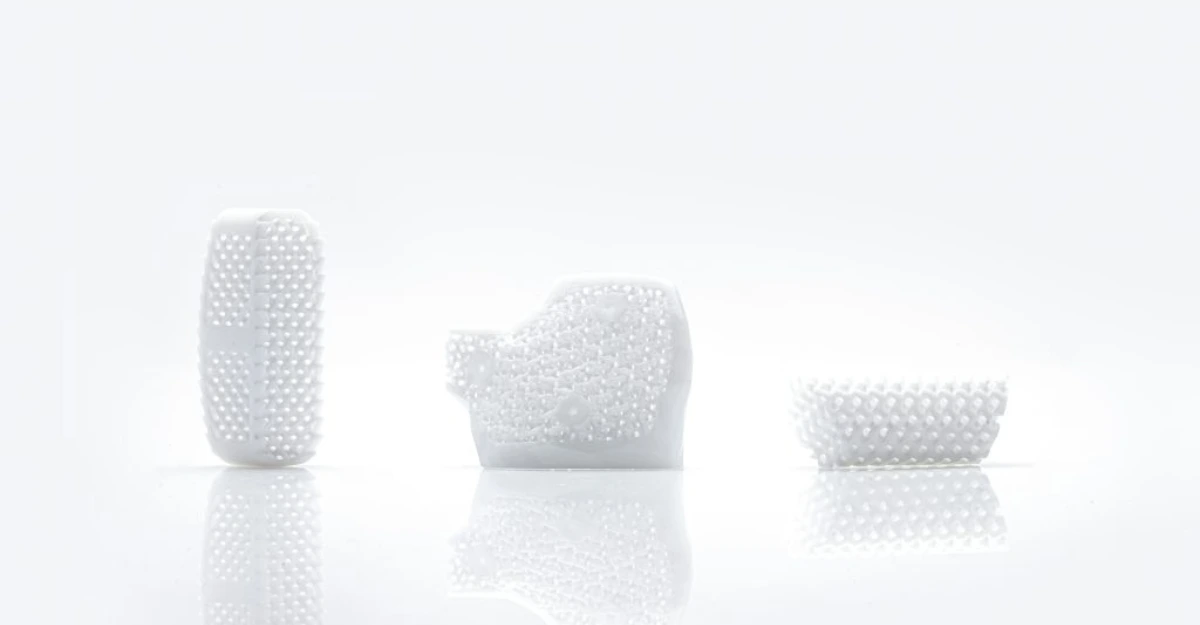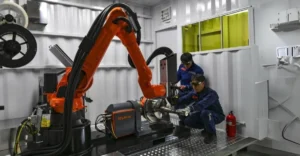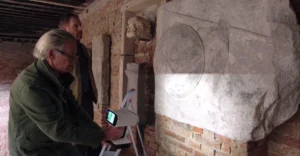A five-year clinical study confirms 92% success for patient-specific 3D-printed TCP implants in jaw surgeries, advancing bioceramic medical solutions.
Groundbreaking Study Validates 92% Success Rate for 3D-Printed Bioceramic Jaw Implants
In a breakthrough reflecting the potential of personalized healthcare, a five-year clinical research project has achieved an impressive 92% success rate by utilizing patient-specific 3D-printed TCP (tricalcium phosphate) implants for reconstruction in jaw surgeries.
The research, conducted using Lithoz’s Lithography-based Ceramic Manufacturing (LCM) technology, focused on 14 patients aged 17–57 with dysgnathia. The implants, crafted from beta-TCP (LithaBone TCP 300), were designed to prevent complications like antegonial notching following bilateral sagittal split osteotomy (BSSO). Precisely fitted into bone gaps during surgery, the implants’ high porosity and interconnected channels promoted bone tissue growth, enhancing healing and long-term stability.

Dr. Johannes Homa, CEO of Lithoz, hailed the study as a milestone: “This long-term clinical validation proves 3D-printed bioceramic implants are a viable alternative to traditional methods. A 92% success rate sets a new benchmark for surgical innovation.”
The ISO 13485-certified Lithoz LCM technology underscores the reliability of these implants, particularly in complex cases where conventional approaches fall short. With TCP’s osteoconductive and osteoinductive properties, the study paves the way for broader adoption of 3D-printed solutions in reconstructive surgery.
Read more : Raise3D Unveils New SLS and DLP Printers at RAPID 2025
As bioceramic implants gain traction, experts anticipate expanded use in craniofacial and orthopedic applications, reinforcing their role in next-generation medical care.
































